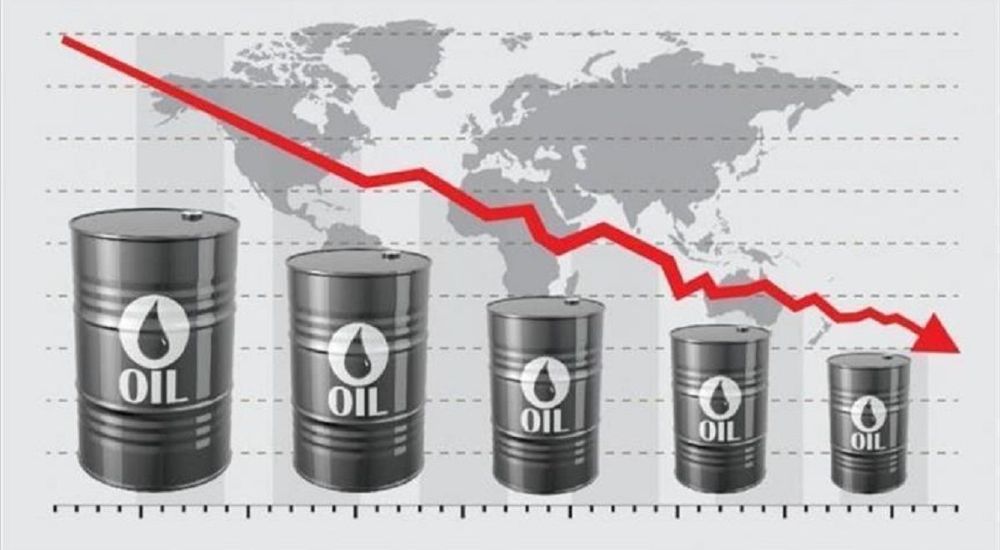Oil Prices Dip as U.S. Fuel Stockpiles Surge, OPEC+ Output Grows

Crude oil prices declined on Wednesday following U.S. inventory data revealing higher-than-anticipated gasoline and diesel stockpiles. This intensified concerns about oversupply, compounded by international trade disputes and continued OPEC+ production increases.
Brent crude contracts dropped 28 cents to $65.35 per barrel at 10:44 a.m. EDT (1444 GMT), while U.S. West Texas Intermediate (WTI) crude fell 8 cents to $63.33.
The U.S. Energy Information Administration (EIA) reported Wednesday that crude stockpiles fell by 4.3 million barrels in the previous week, exceeding analysts’ expectations of a 1-million-barrel decline, according to a Reuters poll.
However, gasoline inventories rose by 5.2 million barrels, far above forecasts for a 600,000-barrel increase. Distillate stocks also climbed by 4.2 million barrels, surpassing the expected 1-million-barrel rise.
“The report is, in my view, bearish due to large builds in refined products,” said Giovanni Staunovo, an analyst at UBS.
“There was a strong increase in refinery demand for crude, resulting in a large crude draw. But post-Memorial Day, the strong supply increase coupled with weaker implied demand led to large refined product inventory increases,” he added.
OPEC+ members’ plan to boost production by 411,000 barrels per day (bpd) in July continued to weigh on market sentiment.
Both oil benchmarks had gained approximately 2% on Tuesday, reaching two-week highs amid concerns over potential supply disruptions and expectations that OPEC member Iran would reject a U.S. nuclear deal proposal, which is key for sanctions relief.
Russia reported a 35% drop in petroleum and natural gas revenues for May, possibly making Moscow less inclined to support additional OPEC+ output increases, which tend to depress oil prices.
Saudi Arabia and Russia reached an agreement last weekend regarding the July production plan. Riyadh pushed for larger increases, while Moscow preferred to maintain current levels, according to four OPEC+ sources familiar with the talks who spoke to Reuters.
U.S. President Donald Trump and Chinese leader Xi Jinping are expected to speak this week, following Trump’s accusations that China violated agreements on tariffs and trade restrictions.
On Tuesday, the Organisation for Economic Co-operation and Development (OECD) lowered its global growth forecast, citing the growing impact of Trump’s trade policies on the U.S. economy, developments that could reduce petroleum demand.
“Overall, we see limited upside potential amid ongoing concerns about a supply glut and softening demand growth,” Ole Hansen, an analyst at Saxo Bank, said in a note.
Providing some price support, however, were wildfires in Canada that reduced the country’s oil production by approximately 344,000 bpd, according to Reuters estimates.





